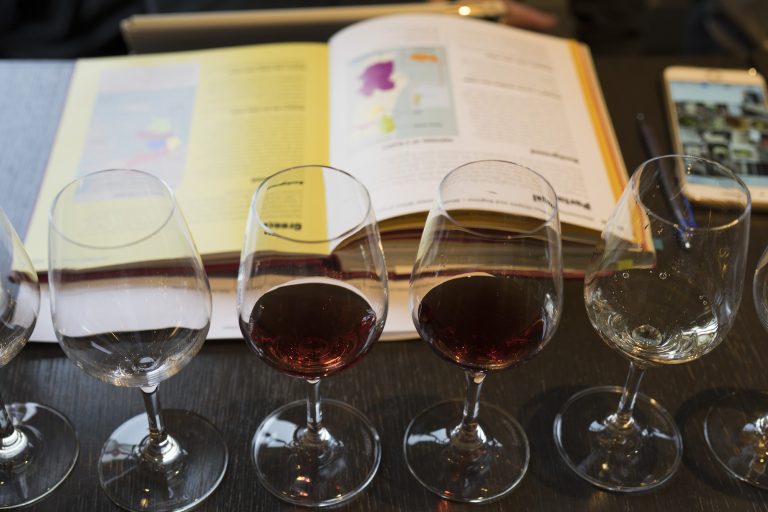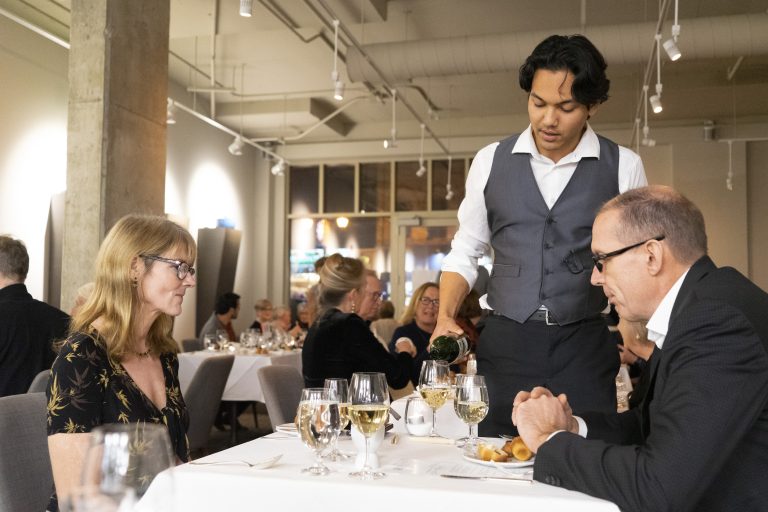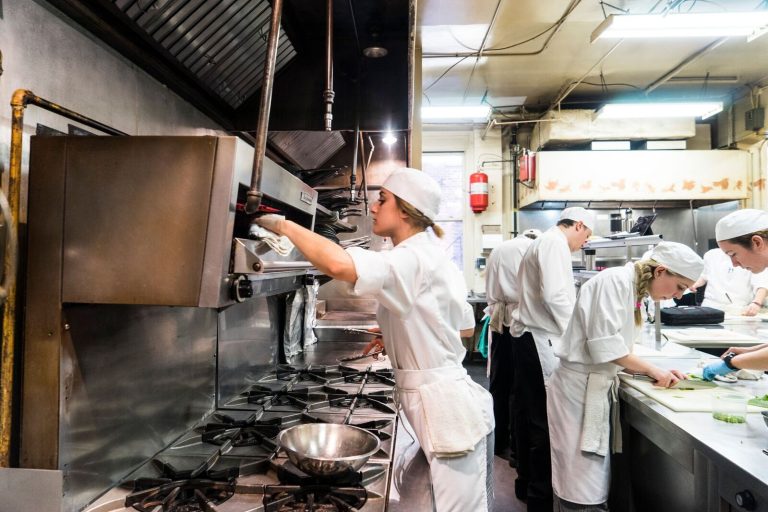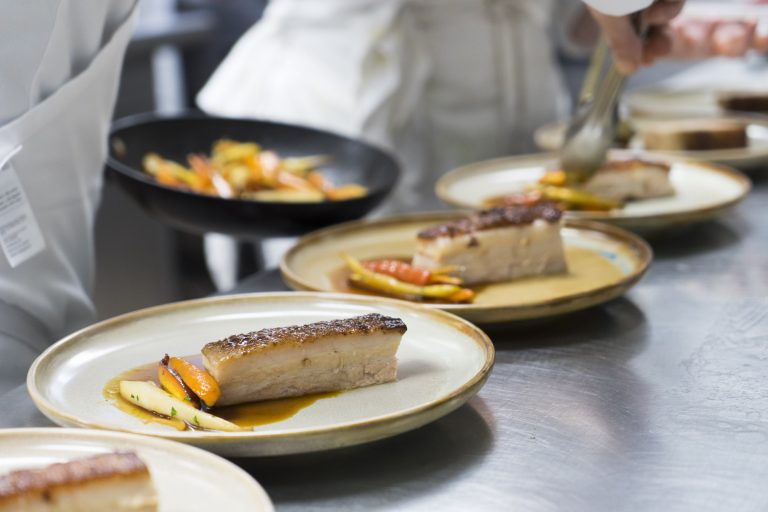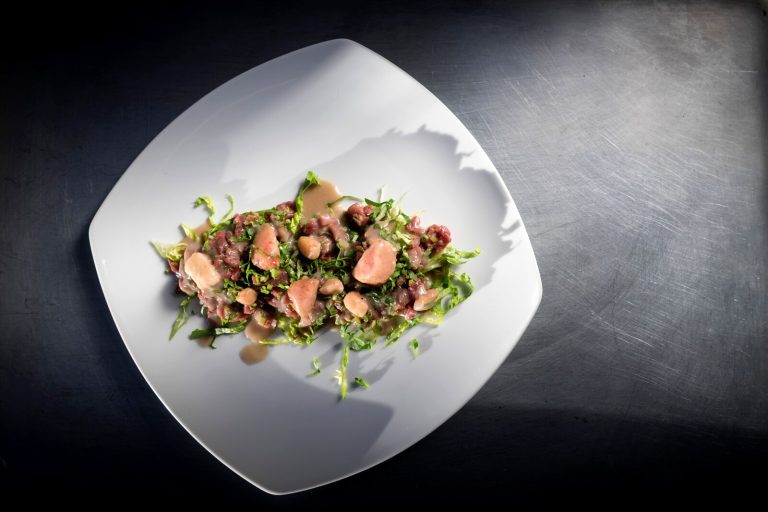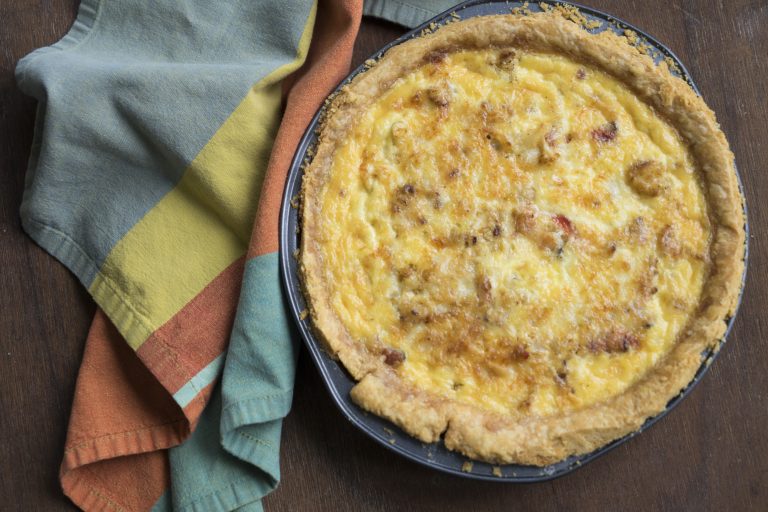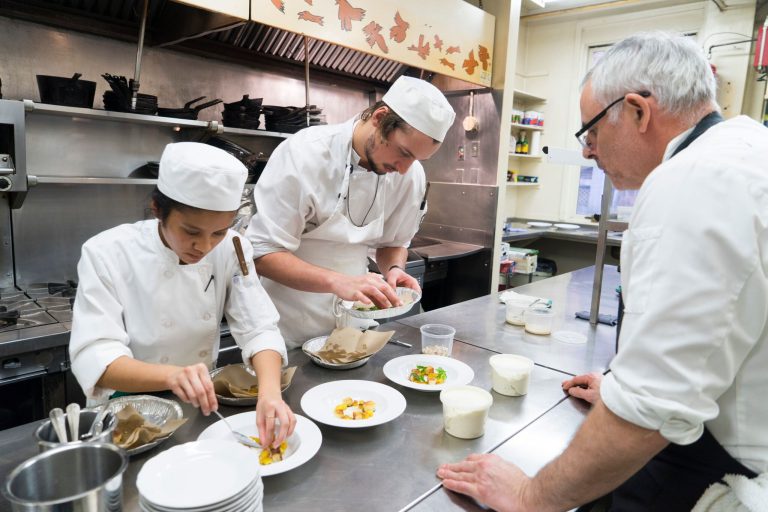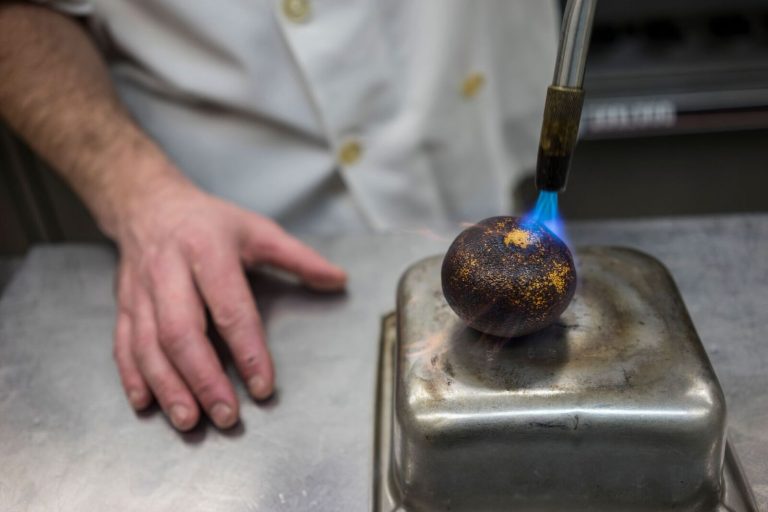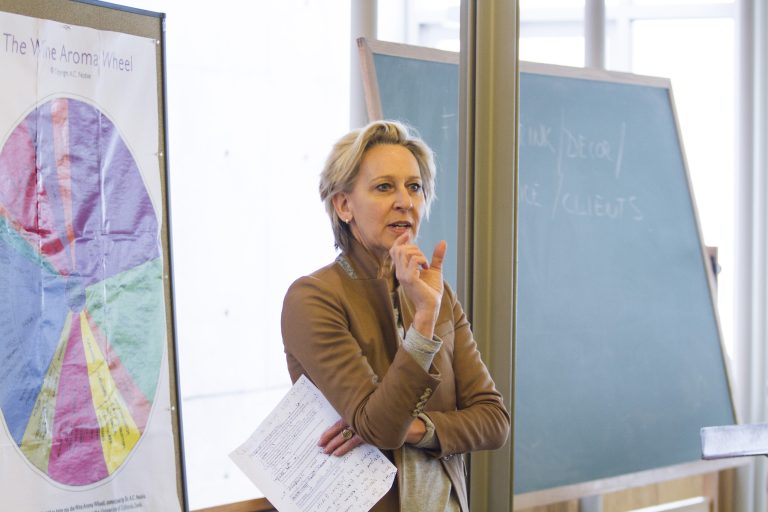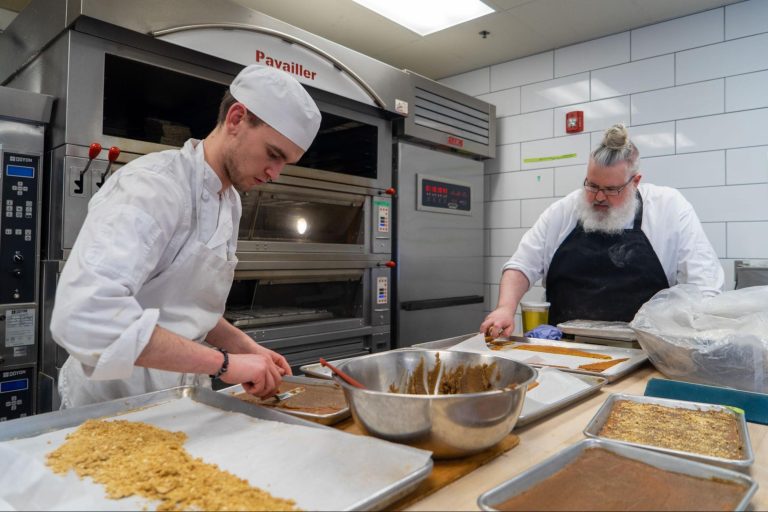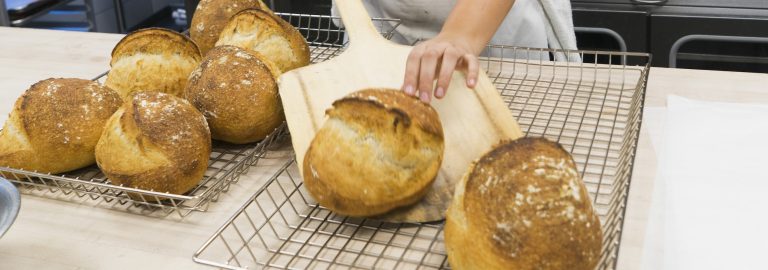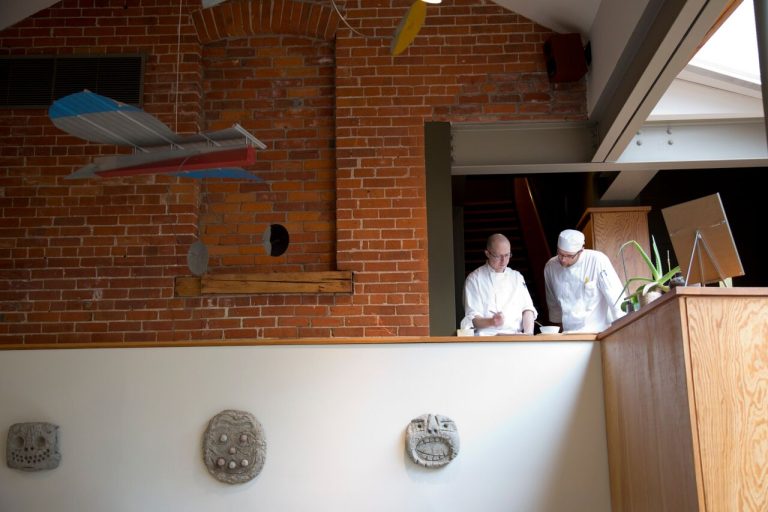
Level One Writing
This course will teach students creative and business writing as it applies to the culinary field. This course will explore writing techniques for job applications, responses to complaints, restaurant reviews, marketing, social media, and food blogging. Students will be provided the opportunity to develop their skills through a series of in-class exercises and industry-specific assignments.

